This is Part 2 of a three-part series. You can find Part 1 and Part 3.
Glenn Carle grew up in Boston and then studied at Harvard. As he immersed himself in history, philosophy and the humanities, he felt the pull to see the world.
In those days, hardly anyone took a year off at university. Glenn bucked the trend and went off to France. As a young man, he immersed himself in French culture, mastering the language. Glenn life in Paris was edgy, spartan and frugal. At the same time, it was rich, exciting and colorful. To this day, France is a second home to him.
Once Glenn finished his studies at Harvard, he pondered a career. As a White Anglo-Saxon Protestant (WASP) from a high-minded family with a tradition of civic duty, he considered public service. By this time, Glenn was studying international relations with a concentration in economics at the Johns Hopkins University School of Advanced International Studies.
Dreaming of combining his love of things international with public service, Glenn thought of joining the State Department as a Foreign Service Officer. He also applied to the CIA. Glenn got into both. The story of how he applied to the CIA is telling: He asked the lady at the Harvard Careers Center how to apply to be a spy and she wrote out a number for him to call.
In some ways, Glenn was born to be a spy. He was already prepared for the game of international subterfuge. As a graduate student, he had visited Prague, the capital of then-Czechoslovakia. He helped a young lady get into France by forging a document and getting a policeman to stamp on it with some help from his friend. He helped a young man escape by sending him computer chips to sell on the black market, bribe an official and then flee to Italy.
The CIA probably saw that Glenn would have made a good hire and recruited him. As an operations officer, he learned that his job was to recruit spies and steal secrets. He learned the five-stage process that goes into making a spy: spot, assess, develop, recruit and handle.
This process can last anywhere from an hour to ten years. The job of any good intelligence officer is to identify vulnerabilities, desires and characteristics that could make someone betray their country or regime. Not everyone can be an agent but almost everyone can be a source. Vulnerabilities can become advantages. Weaknesses can turn into strengths. Finding the right person is the core job of a field officer’s work.
As a field officer, Glenn ended up in France. By this time, the Cold War was thawing. Europe, especially France, was seeking more independence from the US. Europe was already allowing the Soviets to build the Urengoy–Pomary–Uzhgorod pipeline, allowing natural gas to flow from Russia into Europe. When Glenn questioned the wisdom of this move, his French counterpart gave him an icy reception. She was not amused by the naïve American.
For years, Glenn was one of those Cold Warriors stationed in Europe where the Soviets had stationed one million soldiers. The specter of nuclear war was ever present. When Glenn was at Strasbourg, France, the Berlin Wall fell and, soon, the seemingly invincible Soviet Union collapsed like a house of cards and the CIA suddenly found itself seeking purpose, direction and relevance.
[Matthew Knudson wrote the first draft of this piece.]
The views expressed in this article/video are the author’s own and do not necessarily reflect Fair Observer’s editorial policy.





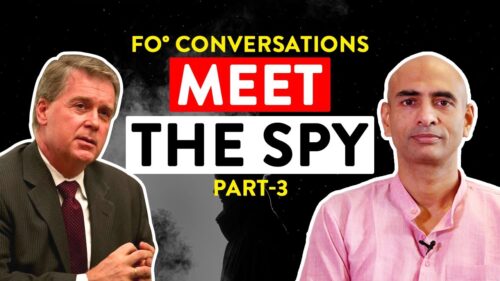
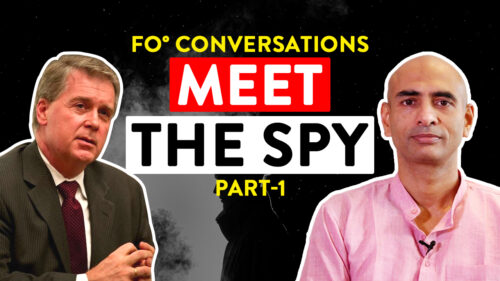
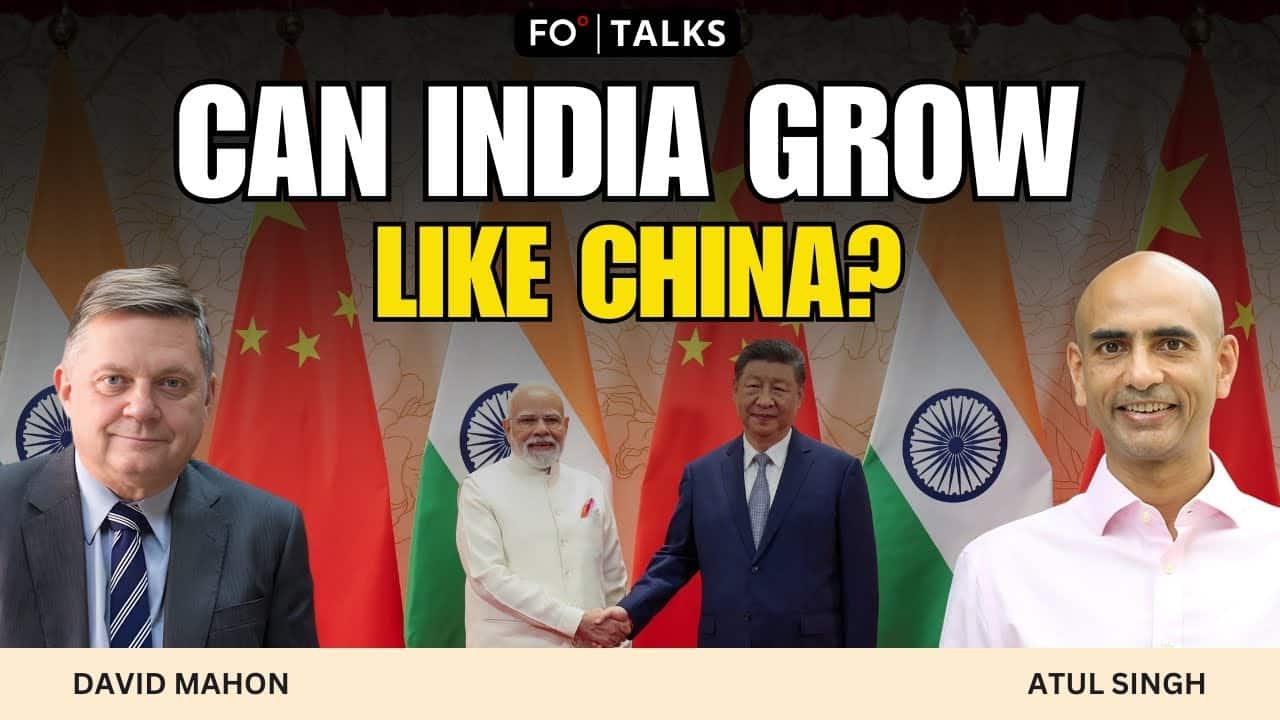
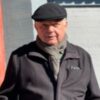
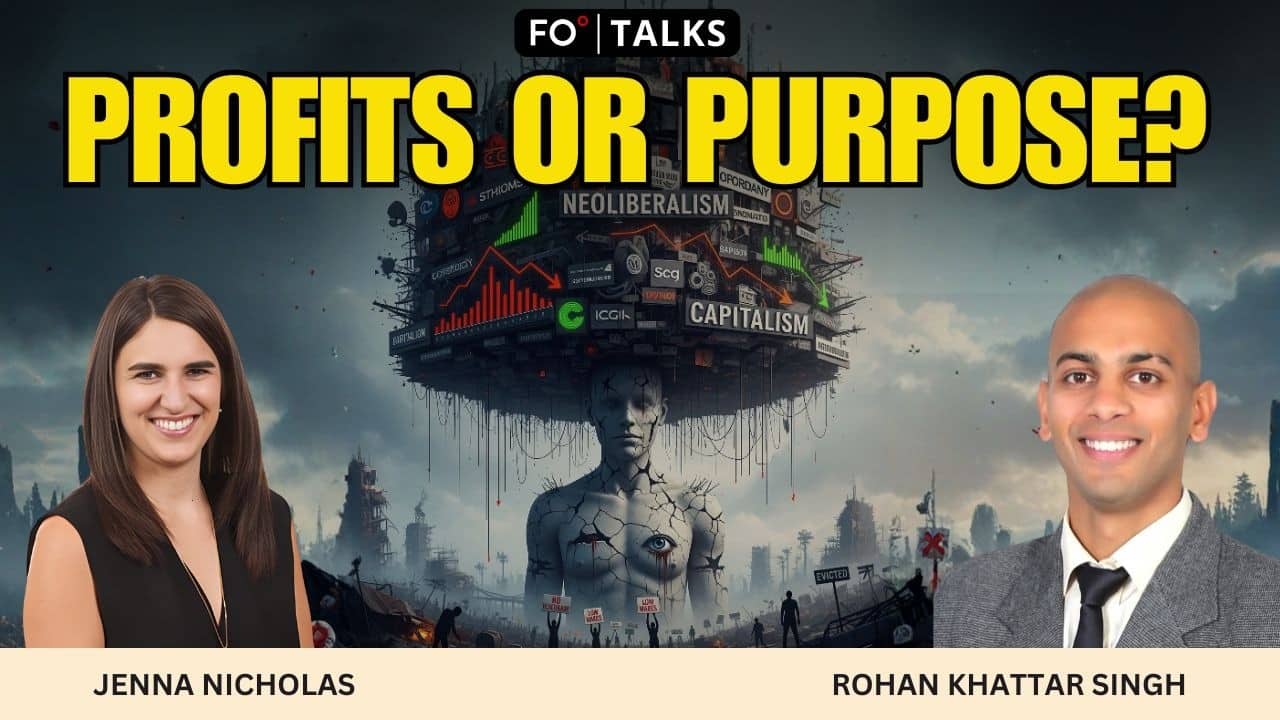

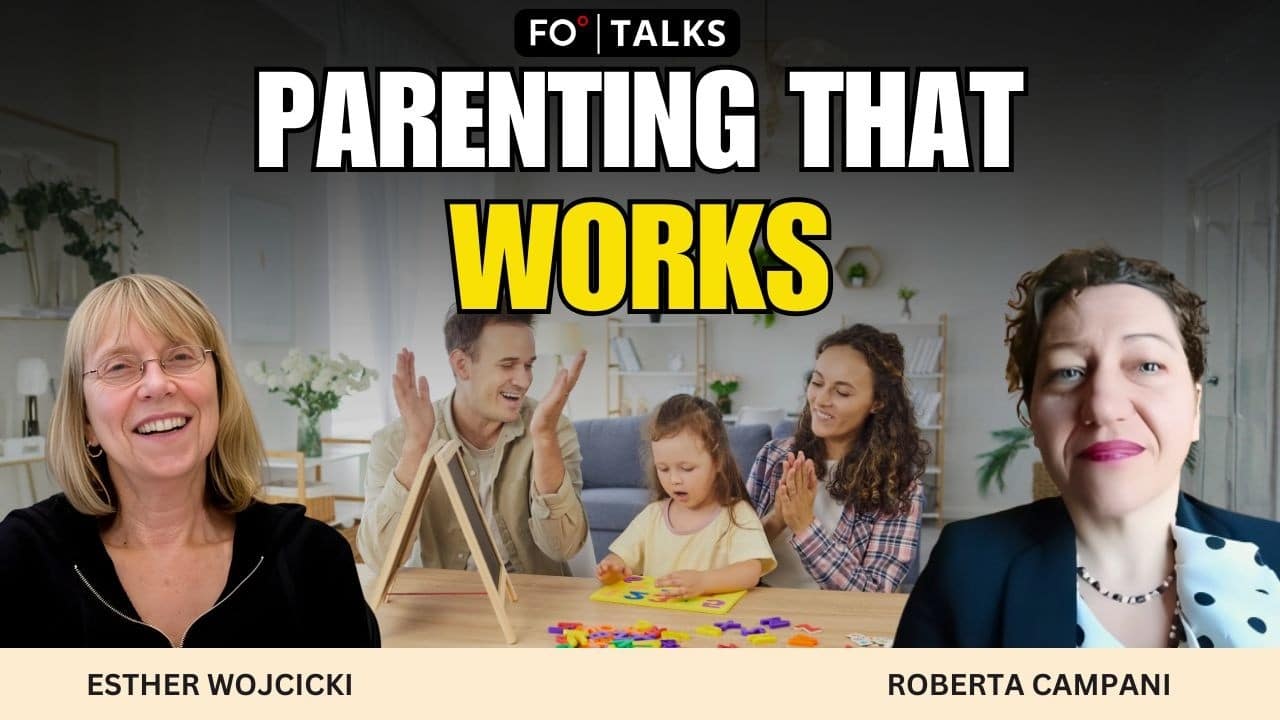

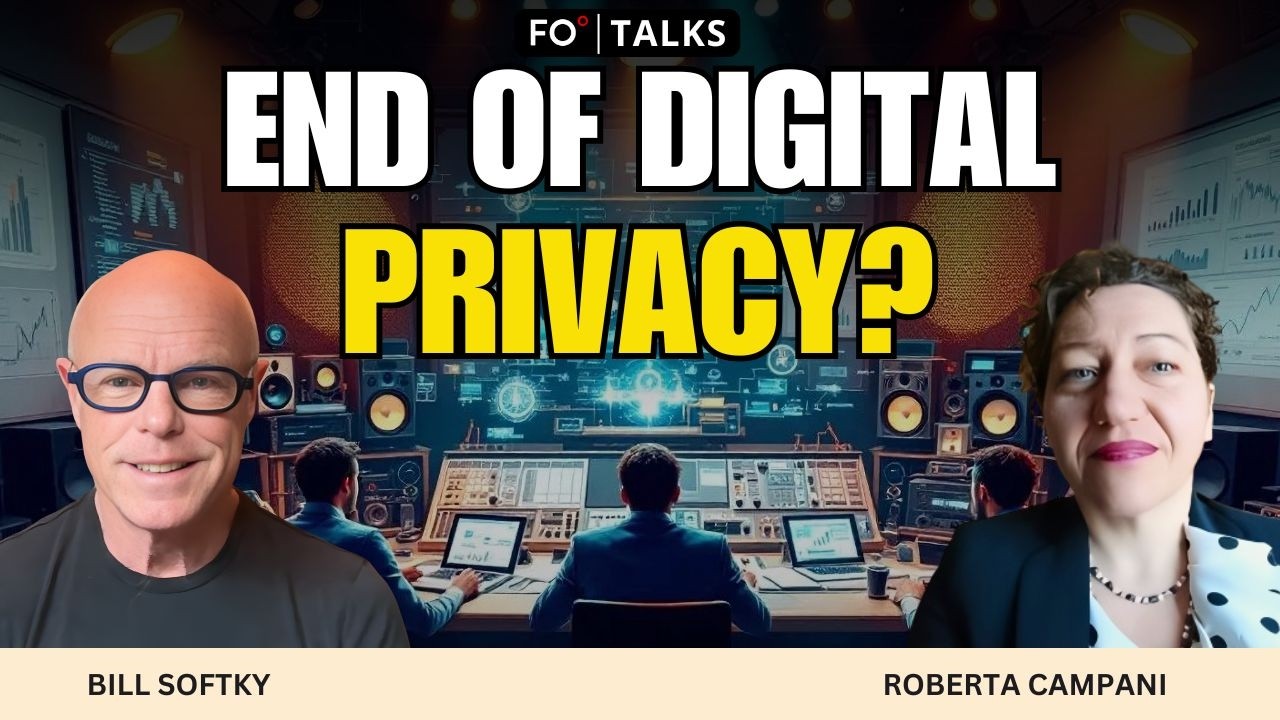
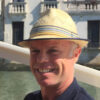
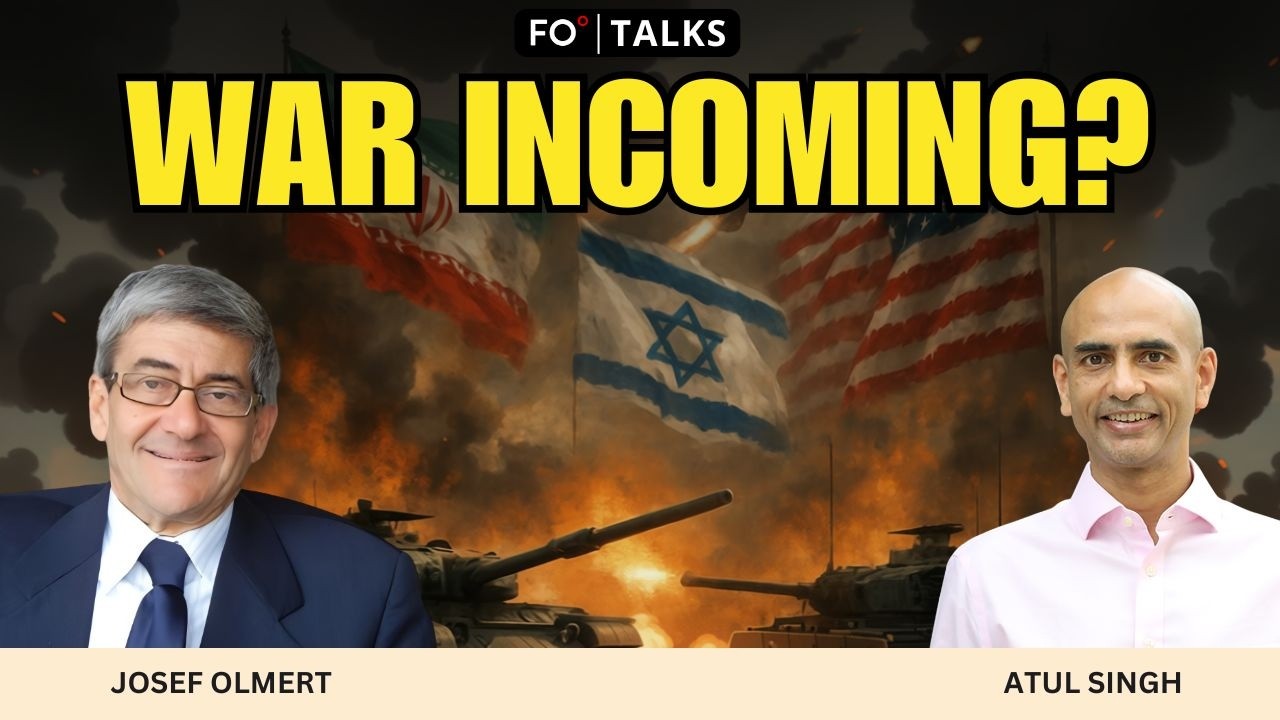



























Comment